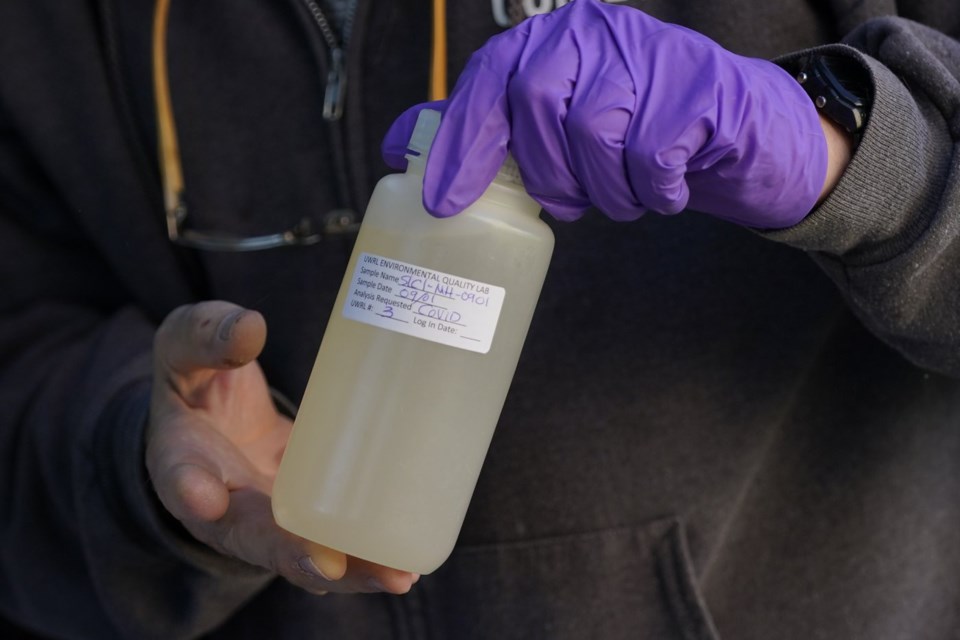Ontario is officially ending its COVID-19 wastewater surveillance program today in a move some public health experts call shortsighted.
Dr. Fahad Razak, the former scientific director of the COVID-19 Ontario Science Table, says the province's decision is "incredibly disappointing."
Razak says wastewater testing gives an early indication of when COVID-19 and other viruses are on the rise.
Razak says the wastewater surveillance in dozens of communities across Ontario is useful not only for detecting COVID, but for monitoring potential threats, including the possible arrival of H5N1 avian flu.
Ontario's environment ministry says it is "winding down" its program as the Public Health Agency of Canada expands its wastewater surveillance sites in the province.
But a spokesperson for the Public Health Agency of Canada says it only plans to test in four Ontario cities in addition to its four existing sites in Toronto, which won't duplicate the provincial program.
"The scope of the expansion would not replace the current scope of the Ontario program," Anna Maddison said in an email Tuesday evening.
"Ontario’s decision to not continue their wastewater testing program was not co-ordinated with PHAC’s decision to expand its wastewater monitoring program."
Alex Catherwood, press secretary for the Ontario minister of the Environment, Conservation and Parks, said in an email that the provincial government "will work with the federal government and propose sampling sites that provide quality data for public health across the province."
The additional federal wastewater surveillance is expected to begin before flu season this fall, Maddison said.
Razak, who is an epidemiologist and internal medicine specialist at St. Michael's Hospital in Toronto, said many communities now won't have the virus monitoring they need.
”(Wastewater surveillance) provides information fast enough for you to act. So knowing that you have lots of COVID cases in hospital, that's too late to act in many ways," he said.
"We now know that the signal from wastewater — not just for COVID, but for example for RSV — it provides an early warning system when the disease is emerging, which gives enough time for individuals to change their decision-making or (for) public health units or officials to react."
The wastewater testing sites covered nearly three-quarters of Ontario's population in 2023, Razak said, and also included some targeted monitoring of COVID-19 levels in high-risk places such as long-term care homes or homeless shelters.
"To me this is a significant equity issue," he said.
"This is moving in exactly the opposite direction of what we want in the best of public health programs."
Canadian Press health coverage receives support through a partnership with the Canadian Medical Association. CP is solely responsible for this content.
